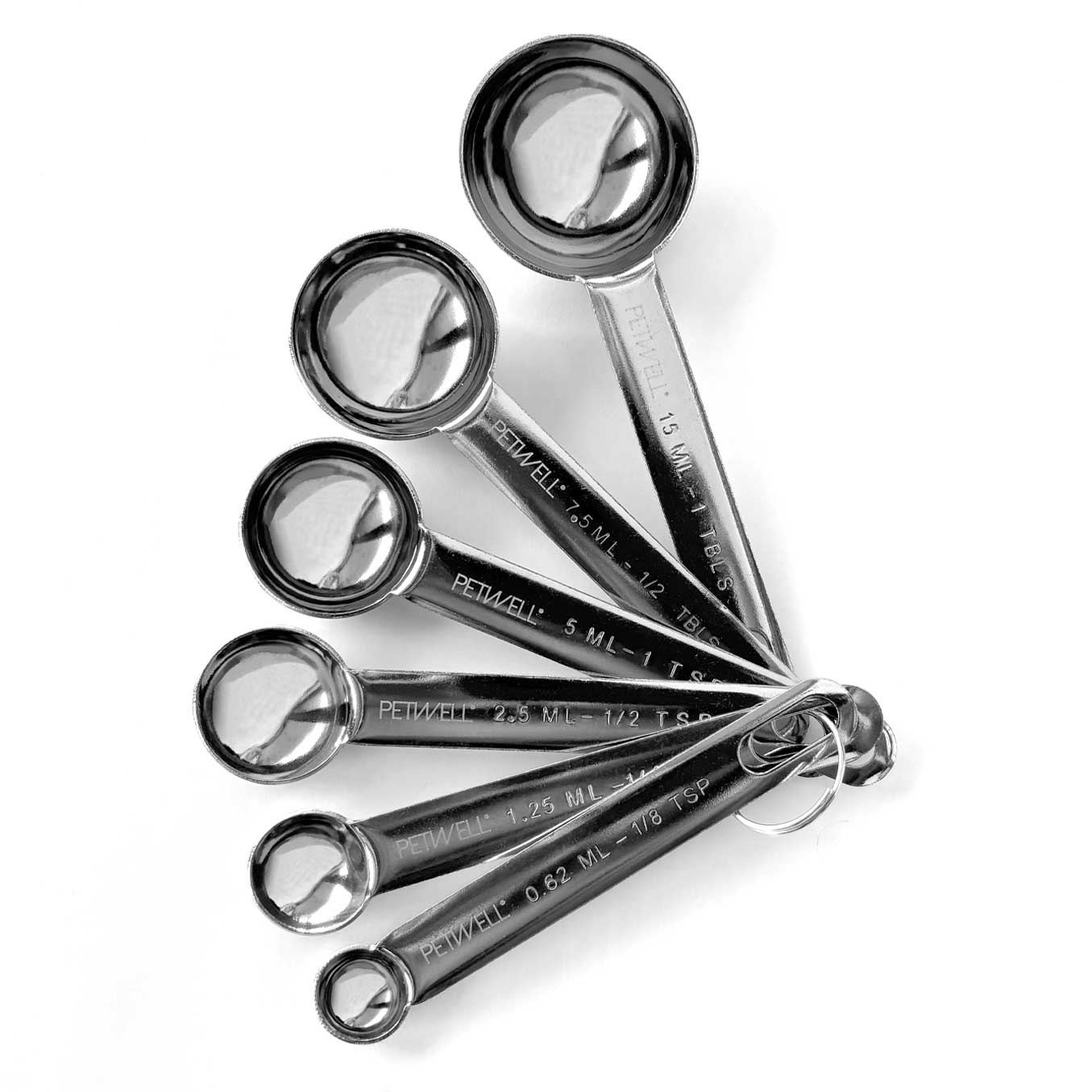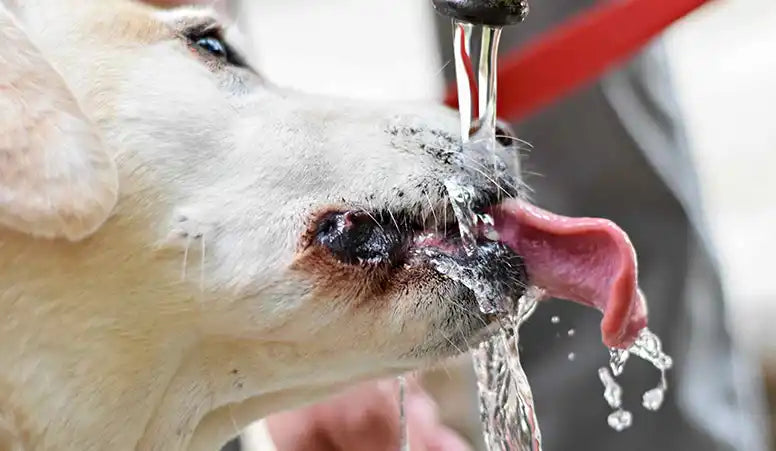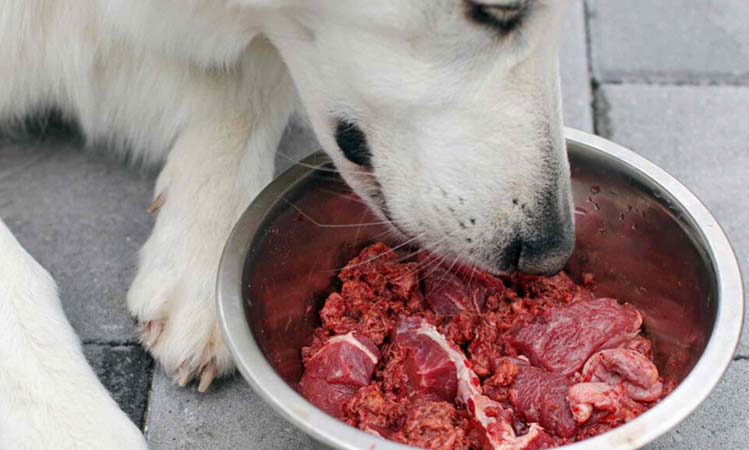If you’ve ever stepped into your backyard and wondered why dogs dig holes like they’re on a secret mission, you’re not alone. Digging is one of the most common dog behaviours, and while it can be frustrating, it’s rarely random or “bad behaviour”.
Understanding why dogs dig is the first step to stopping it. In most cases, digging is your dog’s way of communicating a physical or emotional need, not acting out.
Why Dogs Dig
Excessive digging usually means a dog’s physical or emotional needs aren’t being fully met.
Common Reasons Dogs Dig
- Natural instinct inherited from wolves
- Boredom or lack of mental stimulation
- Anxiety or separation stress
- Cooling down in hot weather or staying warm
- Hunting smells underground
- Seeking comfort or security
When dogs dig ongoing or destructive digging it’s usually linked to boredom, anxiety, lack of stimulation, temperature control, or internal discomfort. The most effective way to stop dogs digging isn’t punishment, it’s meeting their physical, mental, and emotional needs and supporting calm from the inside out.
Let’s dig in a little more(sorry… had to 😉).
1. Instinctive Behaviour (Thanks, Wolves)
Dogs are descendants of wolves, and digging is deeply wired into their DNA. In the wild, canines dig to:
• Create dens
• Hide food
• Regulate body temperature
• Stay safe
When your dog digs, they’re not being destructive, they’re following instinct
2. Boredom and Lack of Mental Stimulation
One of the most common reasons dogs dig today is boredom.
Dogs left alone for long periods, especially outdoors may dig to:
• Burn excess energy
• Self-entertain
• Release frustration
👉 A bored dog will always find a job… and it’s rarely one you’d approve of.
PetWell support:
Gut health plays a role in behaviour via the gut–brain axis. Supporting digestion with PetWell DIGEST or DIGEST + KANGAROO functional treats can help dogs feel more settled overall, especially when paired with daily enrichment.
3. Temperature Regulation
Digging is a natural way for dogs to manage body temperature.
• In hot weather, they dig to reach cooler soil
• In cold conditions, they dig to create warmth and shelter
This is common during Australian summers or when shade is limited.
4. Resource Guarding (Burying “Treasure”)
Dogs often dig to bury high-value items like bones or treats.
This behaviour comes from wild ancestors who buried food to protect it and save it for later. It’s normal but can increase when dogs feel stressed or insecure.
5. Hunting and Prey Drive
Dogs may dig because they smell:
• Insects
• Rodents
• Lizards
• Underground movement
To your dog, digging isn’t destruction, it’s investigative work.
6. Anxiety, Stress or Nesting Behaviour
Some dogs dig to self-soothe.
This is often linked to:
• Separation anxiety
• Environmental stress
• Changes in routine
• Hormonal shifts (especially in pregnant females)
Digging can create comfort and a sense of control.
PetWell support:
If digging is stress-related, PetWell CALM supplement and CALM + TURKEY functional treats support the nervous system using naturally calming ingredients, helping dogs feel more settled and less reactive.
Read: What is Dog Anxiety: Causes, Symptoms & Solutions
7. Gut Health & Internal Discomfort (Often Overlooked)
Nutritional deficiencies aren’t usually a direct cause of digging, but poor gut health can influence behaviour.
Internal discomfort may show up as:
• Restlessness
• Repetitive behaviours
• Difficulty settling
PetWell support:
PetWell DIGEST supports digestion, nutrient absorption, and gut balance, helping reduce internal stress that can spill over into unwanted behaviours.
Read: Dog Digestive Issues: Causes, Symptoms & Solutions
8. Escape Attempts and Loneliness
Some dogs dig because they want out.
This is often driven by:
• Loneliness
• Lack of companionship
• Separation distress
• Curiosity
Dogs are pack animals, long periods alone in the backyard can lead to anxiety, digging, and escape attempts.
How to Stop Dogs Digging (Kindly and Effectively)

1. Increase Exercise and Mental Enrichment
Physical exercise helps, but mental stimulation is just as important.
Try:
• Daily walks with sniffing time
• Training games
• Puzzle feeders
• Food enrichment
Read: Dog Exercise Benefits: Tips for a Healthier, Happier Pet
2. Let Them Be with You
Dogs thrive on connection.
Allowing your dog more time indoors:
• Reduces anxiety
• Builds security
• Prevents boredom-based behaviours
They want to be where their people are.
A happy and engaged dog is less likely to resort to undesirable behaviours
3. Create a Designated Digging Area
If your dog loves to dig, redirect the behaviour.
• Choose a digging zone
• Bury toys or treats
• Reward them for using that space
You’ll meet their instinctive needs and protect your garden.
4. Use Positive Reinforcement (Never Punishment)
Punishing digging increases stress and often makes the behaviour worse.
Instead:
• Redirect calmly
• Reward calm behaviour
• Reinforce good choices
Dogs repeat what feels safe.
5. Support Calm from the Inside Out
Behaviour isn’t just training, it’s biology.
Supporting:
• The nervous system (PetWell CALM)
• Gut health (PetWell DIGEST)
• Routine consistency
…can significantly reduce stress-based behaviours like digging.
Preventing Digging Long-Term
• Secure fencing and fill existing holes
• Provide shade and weather protection
• Avoid long periods of isolation
• Rotate toys and enrichment
• Keep nails trimmed
• Support emotional and gut health daily
FAQs: Why Dogs Dig
Is digging normal behaviour for dogs?
Yes. Digging is an instinct, but excessive digging usually signals boredom, anxiety, or unmet needs.
Can anxiety cause excessive digging?
Yes. Digging is a common self-soothing behaviour in anxious dogs.
Should I punish my dog for digging?
No. Punishment increases stress and often worsens the behaviour.
Can supplements help reduce digging behaviour?
If digging is linked to anxiety or gut discomfort, supporting calm and digestive health, such as with PetWell CALM and PetWell DIGEST, may help reduce the underlying drivers.
Final Thought
A dog who digs isn’t being “bad” they’re communicating.
When we support their body, gut, and nervous system, behaviour naturally improves, and so does life for everyone involved (including your lawn).
👉 If your dog’s digging is stress- or anxiety-related, explore PetWell’s CALM and DIGEST range, thoughtfully formulated to support dogs (and cats) from the inside out. Calmer dogs, happier homes 💚🐾
Next Read: Dog Behaviour Problems & Natural Fixes
Disclaimer: The entire contents of PetWell emails and website are not to be taken as medical advice. The team at Pet Squad Pty Ltd trading as PetWell encourages you to make your own pet health care decisions based on your research and in partnership with a qualified pet healthcare professional.
This article was prepared by the team at PetWell. Australia’s trusted provider of natural, human-grade pet supplements and freeze-dried treats for dogs and cats. Drawing on holistic animal behaviour insights and years of working with canine clients, PetWell champions kind, calm and scientifically informed solutions for every pet parent.
Posted By Ayda Hornak - Trained in Canine Psychology and Natural Animal Nutrition Care















































